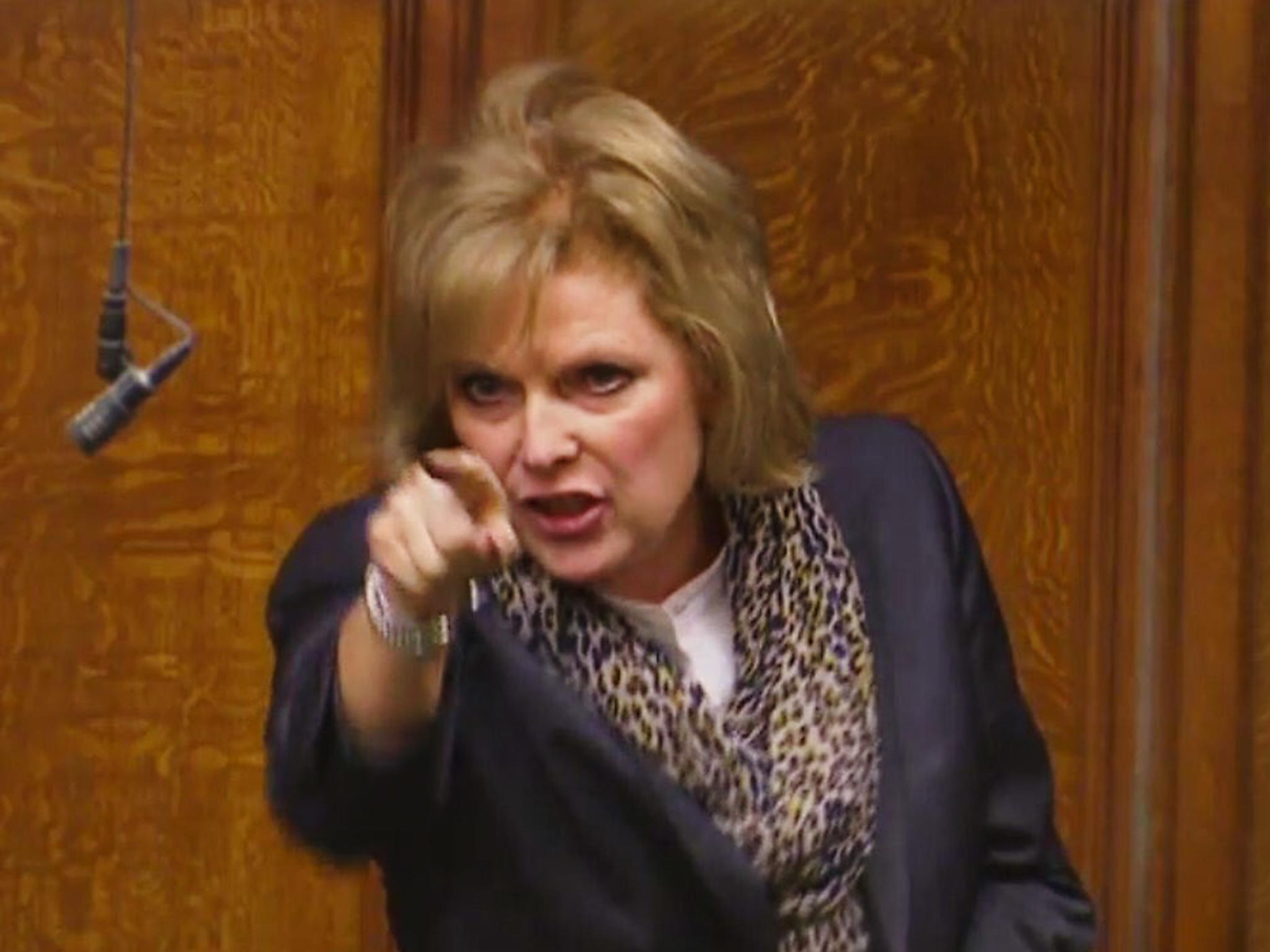If MPs fail to vote with their conscience on such an important matter as Brexit, is this democracy?
Ben Bradshaw, a Labour member who has reportedly never defied the whip in 20 years of public service, understands that this is more than a matter of party politics, but one of conscience. Before the debate he confirmed that he would rebel against his leadership and damn the personal consequences


Democracy may be our greatest strength but it’s starting to reveal itself as the source of one of our biggest weaknesses too. In the heat of the Article 50 debate, our proud democracy is being abused by parliamentarians who seek to use it as a shield for their own failings in exercising public office.
Too many MPs who believe that leaving the European Union is fundamentally the wrong thing for Britain, and for their own constituents, have openly chosen to vote in favour of it.
Why? “Democracy.”
From the opposition benches, Sir Keir Starmer was one of the first to confirm that he would go with the consensus on Brexit despite his own overpowering misgivings. “Although fiercely internationalist and pro-European” – quick, somebody tell Jeremy Corbyn – “we are in the Labour Party, above all, democrats,” he said. “Had the outcome been Remain, we would have expected the result to have been honoured – and that cuts both ways.” But in what way is casting a parliamentary vote based on one’s own experience and understanding failing to honour the result of a referendum?
Sitting across the Commons on the Government benches, Anna Soubry makes a similar lament. She would vote for the Bill, she confirmed, with a “heavy heart”.
“I greatly fear that generations who either didn’t vote or who are yet to come will not thank us for our great folly,” she said, adding, “I believe history will not be kind to this Parliament, nor indeed the Government I was so proud to serve in.”
Quite. That parliament she’s describing – the one she plays a part in – is made up of so many individuals who, like her, are casting aside both their knowledge and expertise and their deep-seated beliefs in the false belief that this in some way protects democracy. That’s not the case. Nothing weakens democracy like an elected membership that loses the strength of its own convictions.
Ben Bradshaw, a Labour member who has reportedly never defied the whip in 20 years of public service, understands that this is more than a matter of party politics, but one of conscience. Before the debate he confirmed that he would rebel against his leadership and damn the personal consequences: “I cannot and will not vote to destroy jobs and prosperity in my constituency.”

That is the core of the matter. Those who warn that voting against the wishes of their constituents are flouting democracy seem to forget that we elect our MPs to represent us, not to echo us back to ourselves. They are chosen to lead, not simply to follow. The democratic contract is quietly understood.
To suggest that each and every Remainer that chooses to follow the whip and stick with the Brexit consensus is a dreadful careerist goes too far – many truly believe that to vote with their conscience rather than with their constituents would amount to a greater betrayal of the people than to do what they think is right. But it is not. Ignoring their misgivings about the serious impact Brexit will have on the economy is the bigger mistake.
Democracy can handle this level of disagreement between Parliament and the people. Our system of regular elections, and more recently of fixed term parliaments, means we can remove those who disappoint us from office swiftly and easily. But while they are representing us, we expect our MPs – indeed, we pay them out of our collective pockets – to do that to the best of their ability. We expect compromise, yes; we neither require nor expect unnecessary duplicity. To suggest that acting on one’s beliefs is in some way anti-democratic stretches credibility.
In attacking those Remainers who chose to vote against the Government, despite the clear victory for the Brexiteers in last June’s referendum, the Conservative MP Nadhim Zahawi stated that MPs should not be seeking to “micromanage” the Brexit negotiations. Yet, if they are performing their democratic function correctly, that’s exactly what they should be doing: careful scrutiny and rigorous procedure are imperative at this time of instability, and both require oversight.
Perhaps both the parties of Government and Opposition might have reflected more seriously on the need for a free vote on Brexit, the most defining and significant political issue of our times. But when the whips throw down their lines, using democracy as an excuse not to cross them will hold no truck with voters, whether or not they agree with their MPs over leaving the European Union.
Join our commenting forum
Join thought-provoking conversations, follow other Independent readers and see their replies
Comments
Bookmark popover
Removed from bookmarks